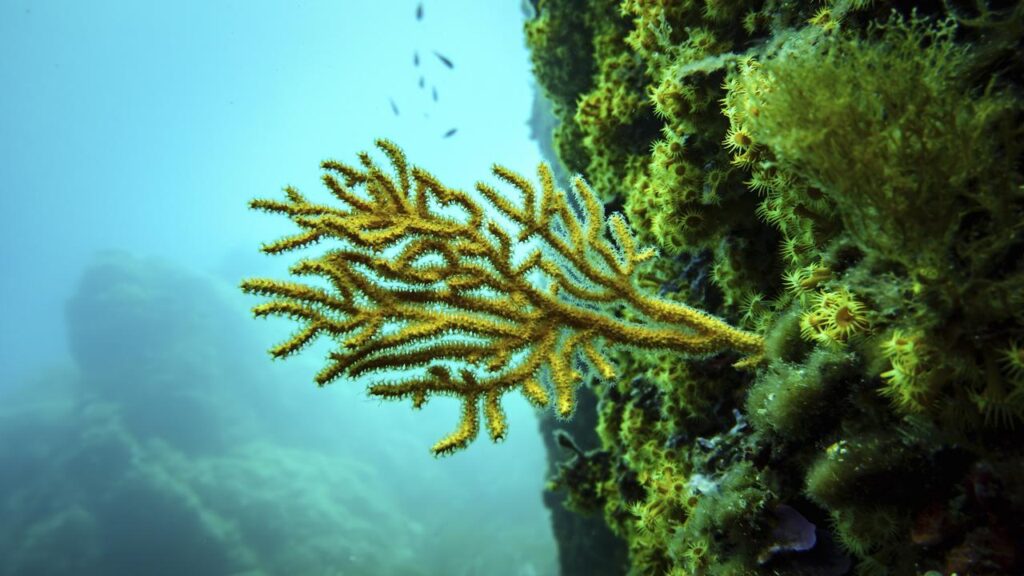Push to turn promises into protection at UN ocean meet
Annika Hammerschlag |

The third United Nations Ocean Conference is opening as pressure mounts for nations to turn decades of promises into real protection for the sea.
The summit comes as just 2.7 per cent of the ocean is effectively protected from destructive extractive activities, according to the non-profit Marine Conservation Institute.
That’s far below the target agreed under the “30×30” pledge to conserve 30 per cent of land and sea by 2030.
Atop this year’s agenda is ratification of the High Seas Treaty.
Adopted in 2023, the treaty would for the first time allow nations to establish marine protected areas in international waters, which cover almost two-thirds of the ocean and are largely ungoverned.
“It’s the Wild West out there with countries just fishing anywhere without any sort of regulation, and that needs to change,” said Mauro Randone, regional projects manager at the World Wildlife Fund’s Mediterranean Marine Initiative.
“The high seas belong to everyone and no one practically at the same time, and countries are finally committing to establish some rules.”
The ocean is critical in stabilising earth’s climate and sustaining life.
It generates 50 per cent of the oxygen we breathe, absorbs about 30 per cent of carbon dioxide emissions and captures more than 90 per cent of the excess heat caused by those emissions.
Without a healthy ocean, experts warn, climate goals will remain out of reach.
The treaty will only come into force once 60 countries ratify it.

As of Monday, just 32 countries had. Advocates hope the conference can build enough momentum to cross the threshold, which would allow for the first official Oceans Conference of Parties.
“Two-thirds of the ocean is areas beyond national jurisdiction – that’s half our planet,” said Minna Epps, director of global ocean policy at the International Union for Conservation of Nature.
“We cannot possibly protect 30 per cent of the ocean if it doesn’t include the high seas.”
South Korea, France and the European Union have championed the treaty, but most large ocean nations have yet to ratify it, including the rest of the G20.
Thousands of attendees are expected in Nice – from delegates and heads of state to scientists and industry leaders – but the US has yet to confirm a formal delegation.
Beyond new commitments, the conference highlights the growing gap between marine protection declarations and real-world conservation.
France, the conference co-host, claims to have surpassed the 30 per cent target for marine protection.
But environmental groups say only three per cent of French waters are fully protected from harmful activities such as bottom trawling and industrial fishing.

In 2024 alone, more than 100 bottom-trawling vessels were recorded spending more than 17,000 hours fishing within France’s six marine nature parks, according to ocean advocacy group Oceana.
“The government declares these as protected areas, but this is a lie,” said Enric Sala, founder of National Geographic Pristine Seas marine reserve project.
“Most of it is political box-ticking. It’s all paper parks.”
The conference will feature 10 panels on topics such as blue finance, sustainable fisheries and plastic pollution.
Deep-sea mining is expected to feature in broader discussions, while small island states are likely to use the platform to advocate for increased climate adaptation funding.
The outcome of these discussions will form the basis of the Nice Ocean Action Plan – a declaration of voluntary commitments to be adopted by consensus and presented at the UN in New York in July.
“There cannot be a healthy planet without a healthy ocean,” said Peter Thomson, UN special envoy for the ocean.
“It’s urgent business for us all.”
AP